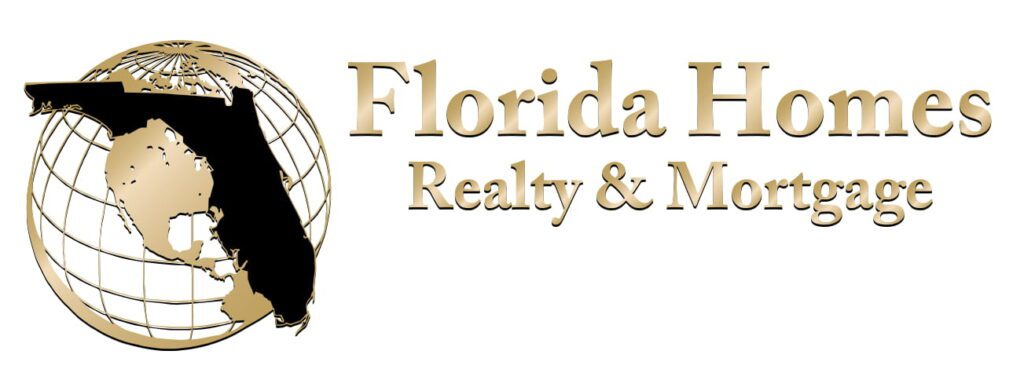8 Things Not Included in a Home Inspection
The home inspection is an essential part of your homebuying journey. Your inspector can identify potential problems in the house, such as foundation damage and a leaky roof, before you head to closing—giving you time to negotiate repairs. However, the inspector only conducts a basic visual inspection of some home components and will not check other areas. While the requirements for a home inspection can vary from state to state, the list below includes the parts of the home that require additional professional inspection. Always make sure you know exactly what is and isn’t part of your home inspection.
Building Code Violations
A home inspector examines the structure and mechanics of the home and will point out any potential risks or dangers. However, they will not consider municipal building codes. If you want to make sure the property meets your local rules and regulations, you must schedule a separate municipal code inspection.
Detached Structures
Remember that a home inspection is precisely that: examining the primary residence. Any detached structures on the property, whether a shed, barn, or garage, may not be part of a standard report, and it depends on the inspector you use and the type of structure it is. However, some companies will inspect detached structures for an additional fee.
Fireplace
Your home inspector will do a basic visual check of a fireplace and chimney, including looking for cracks or significant damage and checking for any large obstructions in the chimney. However, you should consider having a more in-depth examination performed. A professional chimney sweep will identify structural concerns, confirm all components work properly, check for water penetration, and point out excess creosote, which is a potential fire hazard.
Hazardous Materials
Identifying the presence of potentially hazardous materials, such as asbestos, lead, and radon, is not a requirement in a standard home inspection. Some home inspectors offer radon tests for an additional fee, but asbestos and lead require testing performed by certified professionals. Both materials were regularly used in home construction through the 1970s. If you’re buying an older home, consider completing a special inspection to find these materials in the house. Mold could be another concern. A prominent mold infestation will be pointed out in your report, but mold located within the walls will not be, making a professional mold test a worthwhile investment.
Pests
A home inspection report might include signs of a potential infestation, including holes, tunneling, and wood damage, but the inspector will not complete a full inspection for rodents, termites, or other pests. While your home inspector might point out the damage and offer suggestions, you may want to hire a certified pest control expert to complete a full examination. They will check the inside and outside of your home and offer a solution for any problems.
Sewer Lines
Don’t overlook having your sewer lines inspected before buying a home. Checking the connection from your home to the sewer isn’t part of a standard home inspection, and you’ll need to hire a plumbing company to examine these pipes. Issues such as cracks, damage from tree roots, and collapsed lines are expensive to repair, and a qualified professional will use a video camera to inspect the line.
Septic Systems
Unless there is a clear sign of a problem, such as slow drainage or water pooling in the yard, a home inspector will not spend much time checking a septic system. To make sure the home’s septic tank works properly, you’ll need to hire a septic tank servicer for a proper inspection that includes performing a dye test and checking the water level inside the tank.
Swimming Pools
A home inspector may point out noticeable damage, but if the home has a swimming pool, spa, or hot tub, you should hire a qualified expert to perform a complete inspection. A trained pool professional will further inspect damages, such as cracks and leaks. They’ll also confirm if components like pumps and filters are working correctly.
If the inspection of the home you want to buy finds flaws, don’t panic. This guide explains how to negotiate repairs so you can still make buying your dream home a reality.




